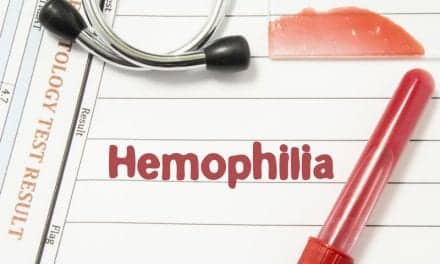.png)
A recent Monash news release notes that Norton has since partnered with a team of US researchers in order to investigate potassium channels as targets for the development of novel immunosuppressive agents. Researchers add that thanks to the limited distribution of the Kv1.3 potassium channel in T-cells and in the nose, they were able to develop a highly selective immune suppressant derived from the sea anemone peptide.
According to Norton, ShK is able to protect the nervous system against the attack of T-cells by blocking the potassium channels. “Continuously blocking these T-cell channels with ShK should prevent further nerve damage, even after the initial onset of symptoms, including paralysis. If the clinical trials are successful, this could prove an effective treatment for MS,” Norton says, noting that further research is needed to pinpoint what does works best to treat MS and at what stage of the disease treatment should begin.
Source: Monash University




